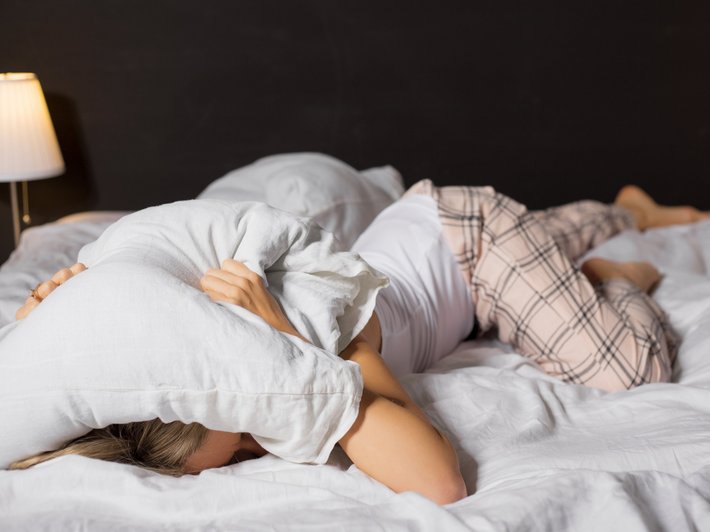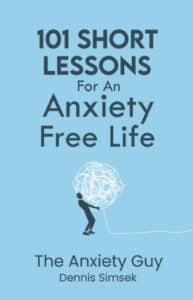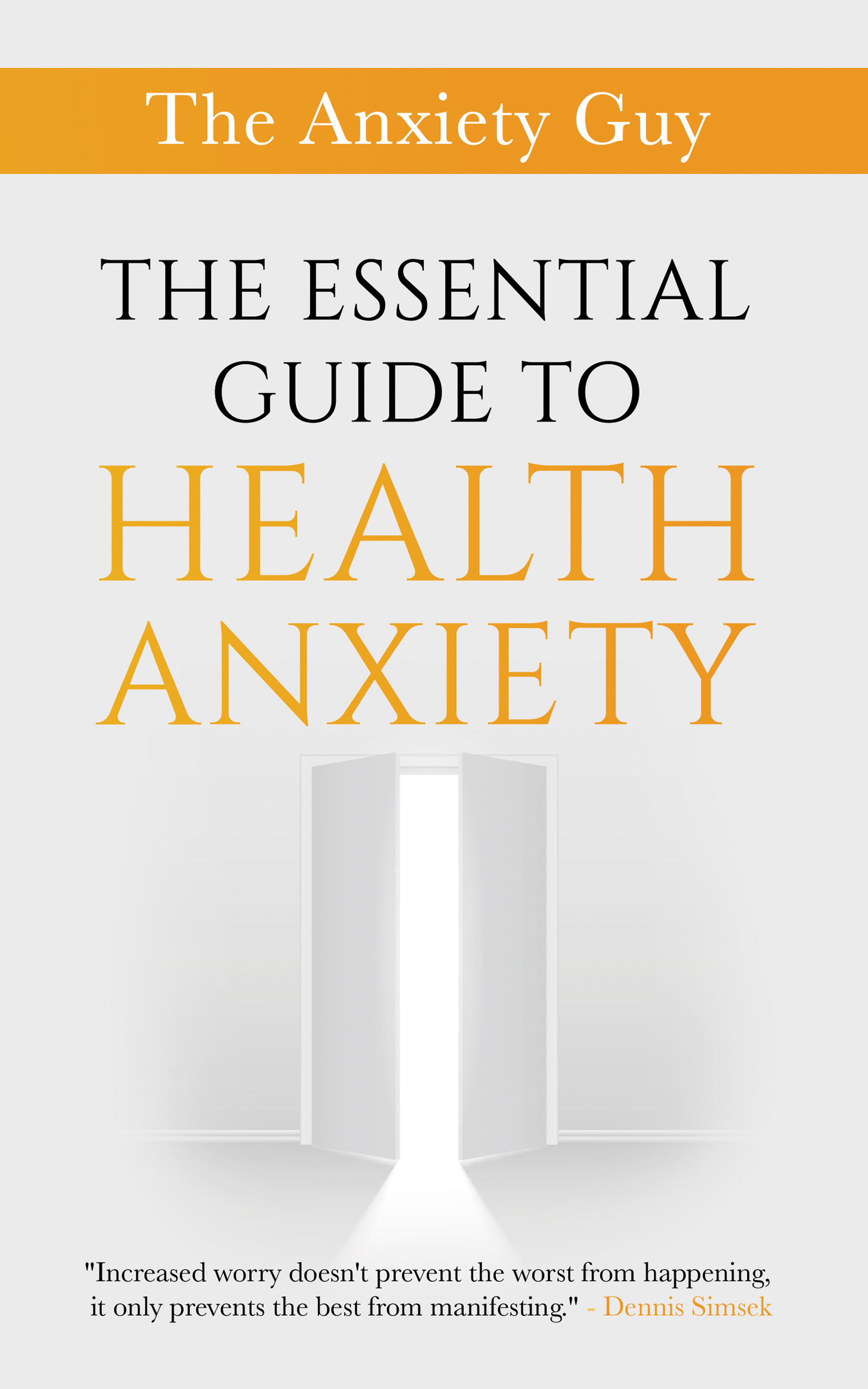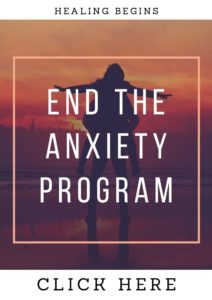Panic attacks at night occur as fierce fear surges that abruptly wake you with rapid heartbeats and breathing problems and heavy sweating. Panic attacks during sleep come from an overreacting nervous system instead of dreams since they spring from stress together with anxiety and medical conditions. Panicky feelings and anxiety disorders make people vulnerable to such attacks yet such attacks occur throughout all population segments. People who experience panic attacks need treatment from cognitive behavioral therapy (CBT) and lifestyle improvements combined with medication to lower their panic occurrence and intensity for better sleep.
Overview
What defines a nocturnal panic attack?
These sudden terror or discomfort episodes during restful sleep shift into intense panic which forcefully wakes the person from their slumber. Panic attacks which occur during sleeping differ from standard nightmares because they form due to bodily and mental stress reactions rather than from dream content. During an attack the heart races rapidly while excessive sweating occurs together with difficulty breathing and a strong fear of impending danger thus inhibiting sleep.1
How frequent are nocturnal panic attacks?
Night-time panic attacks occur frequently among the population although panic attacks are normally linked to daytime anxiety. Medical research shows that panic disorder patients undergo panic attacks during nighttime sleeping with rates ranging from 44% to 71%1. Although not diagnosed by professionals they may occasionally have such brief episodes of fear during nighttime.
How do nocturnal panic attacks differ from night terrors?
A nocturnal panic attack creates alertness at night yet shows differences from night terrors during their unexpected wakeups.2
- Nocturnal panic attacks: Sleep begins suddenly without apparent cause together with intense fear or anxiety which persists as the person maintains full consciousness during wakefulness.
- Night terrors: The temperature surge occurring during deep sleep causes sensations of fear accompanied by screams that the affected person may not recognize after waking up.
Symptoms and Causes
What triggers panic attacks during sleep?
Several factors can contribute to nocturnal panic attacks, including:3
- Gastroesophageal Reflux Disease (GERD): Eating large meals before bedtime causes sleep disturbances to patients who suffer from this digestive condition. Various symptoms of stomach pressure, chest pain, sweating and hyperventilation may develop similar sensations as panic attacks when experienced together.
- Sleep apnea: Stoppages in breathing occur with obstructive sleep apnea which causes oxygen shortage during the events. People who experience obstructive sleep apnea face elevated cardiac stress as well as heart attack-like symptoms during their sleep that spark sudden panic upon waking.
- Nightmares or night terrors: When frightening night dreams or frightening terrors disrupt the body it responds with panic through increased heart rate and hyperventilation processes that could result in a complete nocturnal panic attack.
- Stress and anxiety disorders: Unresolved anxiety and high stress levels during nighttime tend to increase the risk of panic attacks occurring during sleep.
- Changes in brain function: Brain-regulation of fear and stress responses during sleep cycles seems to play a role in causing nighttime panic attacks according to certain research findings.
Which factors increase the risk of nocturnal panic attacks?
Certain factors increase the likelihood of experiencing nocturnal panic attacks:4
- A history of panic disorder or anxiety
- High-stress levels or chronic worry
- Poor sleep hygiene or irregular sleep patterns
- Consuming stimulants like caffeine or alcohol before bed
- Medical conditions like sleep apnea or GERD
What symptoms accompany a nocturnal panic attack?
Symptoms can vary but often include:2
- A sudden jolt of fear upon waking
- Rapid heart rate and palpitations
- Shortness of breath or a choking sensation
- Sweating and trembling
- Dizziness or lightheadedness
- A sense of detachment or impending doom
- Difficulty calming down or going back to sleep
How long do nocturnal panic attacks typically last?
Nocturnal panic attacks typically last a few minutes to half an hour. However, the lingering effects—such as restlessness, anxiety, and difficulty returning to sleep—can persist much longer, sometimes impacting the entire next day.5
Diagnosis and Tests
How do doctors diagnose nocturnal panic attacks?
Diagnosing nocturnal panic attacks typically involves:6
- The patient requires a medical assessment to determine whether any hidden health problems such as sleep apnea, GERD or heart issues exist.
- A mental evaluation will assess the existence of both anxiety and panic disorders
- Medical professionals conduct sleep studies if needed in order to observe breathing patterns together with sleep disturbances.
Management and Treatment
What steps can help stop a nocturnal panic attack?
When experiencing a panic attack during sleep, it’s important to avoid resistance and instead surrender to the sensations. Here’s what you can do:7
- Try to stay calm – Panic attacks cause no physical harm to your body and they should be recognized as such.
- Engage in grounding techniques – The most effective way to calm yourself during an anxiety attack is through mindful breathing as well as contact with a cool object and sensorial awareness of your blanket weight.
- Get out of bed if necessary – When you remain seated and engage in excessive thinking your anxiety tends to get more severe. The alternative to mulling over worries is to move around the room and cool your face with water then complete basic chores like washing the dishes.
- Avoid stimulating distractions – Anxiety levels increase when a person reads books or watches television because their mind develops wandering thoughts. Deep breathing or meditation provides a better alternative to calming anxiety.
- Dialoguing with your subconscious – A mental imagery technique where you visualize a comic character as your subconscious mind helps you distinguish between fear fantasies and actual events.
How are nocturnal panic attacks treated or managed?8
- Cognitive Behavioral Therapy (CBT): This therapy serves as an effective method to help people restructure their anxious thoughts while decreasing their panic attacks.
- Lifestyle changes: The combination of regular exercise and healthy eating habits and stress management techniques lowers the number of asthma attacks a person experiences.
- Sleep hygiene improvements: The prevention of sleep attacks requires a soothing evening routine together with caffeine and alcohol abstention and regular sleeping patterns.
- Medical treatments: Doctors will sometimes give antidepressants or anti-anxiety medications yet a significant number discover therapy combined with life changes work sufficiently for managing symptoms.
What potential complications arise from nocturnal panic attacks?
If left untreated, recurring nocturnal panic attacks can lead to:2
- Chronic sleep disturbances and insomnia
- Increased daytime anxiety and reduced productivity
- Depression due to persistent fear of sleep
- Health issues related to stress, such as high blood pressure and fatigue
Prevention
Are there ways to prevent nocturnal panic attacks?
While there’s no guaranteed way to prevent panic attacks at night, these strategies can help:9
- Maintain a healthy lifestyle – Regular exercise, balanced nutrition, and stress reduction techniques can lower anxiety levels.
- Optimize sleep hygiene – Avoid large meals, caffeine, and alcohol before bed. Keep your bedroom cool and comfortable.
- Address underlying conditions – If GERD or sleep apnea contributes to attacks, seek treatment for those conditions.
- Practice relaxation techniques – Meditation, progressive muscle relaxation, and deep breathing exercises can prepare the body for restful sleep.
Outlook / Prognosis
People who suffer from nocturnal panic attacks can make their experiences manageable. The combination of appropriate therapeutic interventions with lifestyle modifications and personal self-perception allows people to minimize or get rid of such panic attacks. People need to treat their physical and psychological elements of anxiety to overcome the problem.
Living With Them
When should you consult a healthcare professional?
Nocturnal panic attacks which occur occasionally do not necessarily need medical care but you should meet with your healthcare provider if you notice:
- If panic attacks occur frequently and intensify to a degree they disturb sleep patterns on multiple occasions.
- The symptoms persist for longer than 15 minutes when they cause ongoing anxiety or create bodily pain sensations.
- Persistent sleep disturbances, such as insomnia or repeated awakenings due to fear or panic.
- Sleep apnea symptoms may manifest through breathing complications which show as choking feelings and noisy respiratory sounds and actual interruption of breathing.
- Continued or persistent heart palpitations together with chest pain.
- Daytime Anxiety or extreme irritability in the daytime leads to functional impairment in work, relationships or daily activities.
- The inability to stay focused or suffer mental clouding as an effect of poor sleep related to panic attacks.
What questions should I ask my healthcare provider?
- Has my panic attack symptomatology developed because of an unknown medical issue?
- I need to understand which treatment solutions will work most effectively for me.
- What specific signs show the difference between an attack and an actual medical condition?
- I require advice regarding the therapies or lifestyle adjustments which may optimize my sleep patterns.
- A sleep study might be necessary to eliminate the possibility of sleep apnea disorders.10
Final Thoughts
“Panic Attacks Feed Off Of Your Fears, Let’s Understand This First And Foremost.”
Awareness about the origin and reactions of panic attacks during sleep serves as the foundation to conquer them successfully. Recognition leads to the quickest reduction of panic because panic produces feelings of danger but it remains harmless. Through effective strategies it becomes possible to convert feelings of dread into feelings of personal freedom while achieving restful nights.
Antidepressants and other medications are usually the first line of treatments from a doctors point of view (I personally don’t find it necessary). You will also need to limit alcohol intake, quit smoking, and make lifestyle and diet changes. Finally let’s remember that excess body weight is the most common cause of sleep apnea. Regular exercise and eating a healthy balanced diet will help reduce body weight and instances of panic attacks during sleep.
The End The Anxiety Program Has Changed The Way Thousands Of People Live Their Lives. Turning Daily Fear Into Freedom Is Possible Through CBT And An Excellent Support Team.
The Anxiety Guy Community Links :
Join Our Facebook page for the #1 Anxiety Support Online.
CBT Based Anxiety Support On YouTube.
Daily Inspiration? Add My New Instagram Account to your friends list.
References
- Craske, M. G., & Tsao, J. C. I. (2005). Assessment and treatment of nocturnal panic attacks. Sleep Medicine Reviews, 9(3), 173–184. https://doi.org/10.1016/j.smrv.2004.11.003 [↩][↩]
- Nocturnal Panic Attack: Anxiety, Panic Disorder & Night Terrors. (2022, April 21). Cleveland Clinic. https://my.clevelandclinic.org/health/diseases/22776-nocturnal-panic-attacks [↩][↩][↩]
- Nighttime panic attacks: What causes them? (2024). Mayo Clinic. https://www.mayoclinic.org/diseases-conditions/panic-attacks/expert-answers/panic-attacks/faq-20057984 [↩]
- Nighttime panic attacks: What causes them? (2024). Mayo Clinic. https://www.mayoclinic.org/diseases-conditions/panic-attacks/expert-answers/panic-attacks/faq-20057984#:~:text=Underlying%20factors%20may%20include%20genetics,can%20cause%20symptoms%20of%20panic. [↩]
- NHS website. (2021, February). Panic disorder. Nhs.uk. https://www.nhs.uk/mental-health/conditions/panic-disorder/ [↩]
- Panic attacks and panic disorder – Diagnosis and treatment – Mayo Clinic. (2024). Mayoclinic.org; https://www.mayoclinic.org/diseases-conditions/panic-attacks/diagnosis-treatment/drc-20376027 [↩]
- Smith, J. (2020, July 22). How can you stop a panic attack? Medicalnewstoday.com; Medical News Today. https://www.medicalnewstoday.com/articles/321510 [↩]
- Craske, M. G., Lang, A. J., Aikins, D., & Mystkowski, J. L. (2005). Cognitive behavioral therapy for nocturnal panic. Behavior Therapy, 36(1), 43–54. https://doi.org/10.1016/s0005-7894(05)80053-x [↩]
- Fisher, J. (2024, May 24). Panic attacks: Recognizing and managing panic attacks and preventing future attacks – Harvard Health. Harvard Health. https://www.health.harvard.edu/mind-and-mood/panic-attacks-recognizing-and-managing-panic-attacks-and-preventing-future-attacks [↩]
- Bailey, E. (2008, November 24). 12 Questions to Ask Your Doctor About Your Anxiety. HealthCentral. https://www.healthcentral.com/article/12-questions-to-ask-your-doctor-about-your-anxiety [↩]



















